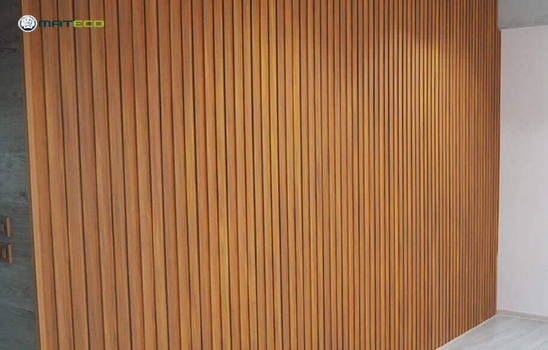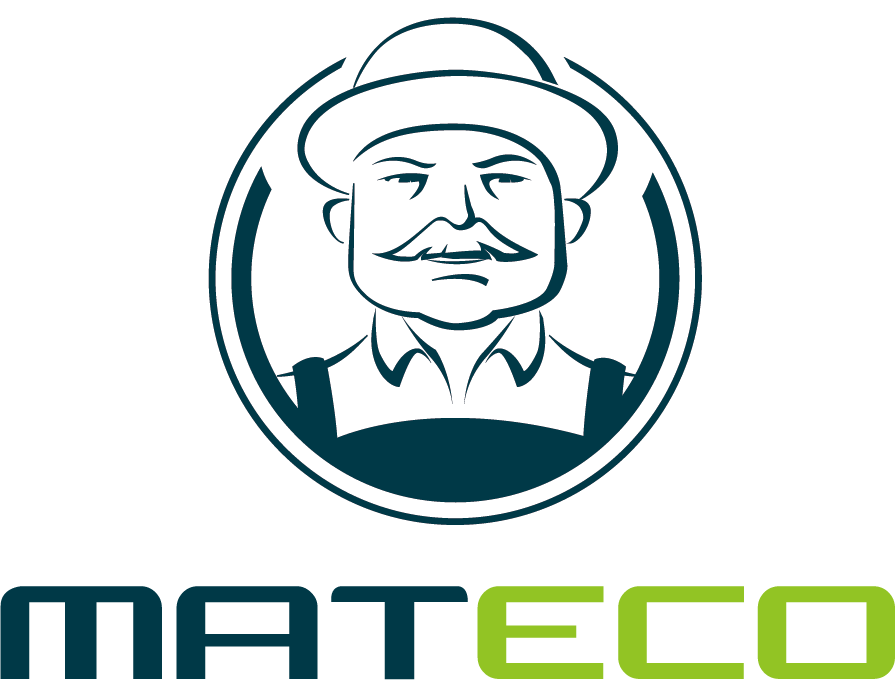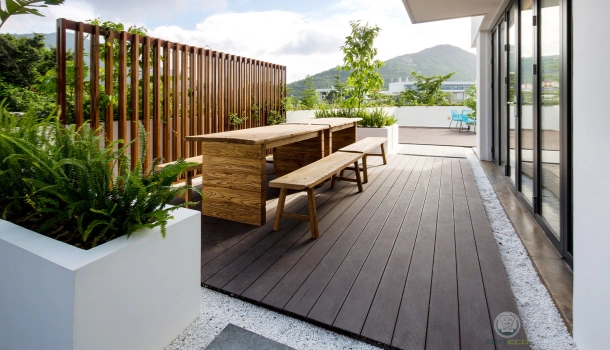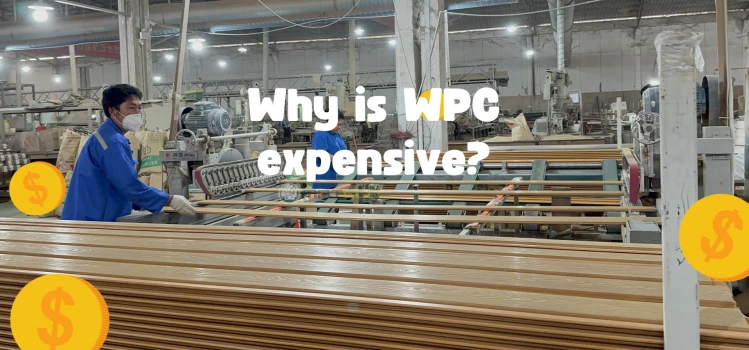How Many Types of WPC? Exploring Wood Plastic Composites
What Is WPC?
WPC combines wood fibers and plastic, offering the charm of wood along with the resilience of plastic. It's a popular choice for applications ranging from outdoor decking to automotive interiors. Our focus today is to explore the different types of WPC and what sets each apart.
Main Types of WPC and Their Unique Features
The WPC world is diverse, but let's zero in on the most prevalent types:
Polyethylene-based WPC: Widely used due to its durability and processing ease.
Polyvinyl Chloride (PVC) based WPC: Stands out for its superior moisture resistance, making it ideal for moisture-prone areas.
Polypropylene-based WPC: Notable for its high-temperature resistance, often used in automotive applications.
Each of these types is defined by its unique composition, resulting in distinct properties and uses.

Advantages of PVC-based WPC
PVC-based WPC is particularly noteworthy for several reasons:
Superior Moisture Resistance: It performs exceptionally well in wet and humid environments, preventing decay, mold, and mildew.
High Durability: It is robust, resisting impacts and wear, which is ideal for high-traffic areas.
Low Maintenance: Unlike traditional wood, it doesn’t require frequent staining or sealing.
Aesthetically Versatile: PVC-based WPC can be crafted to mimic the look of natural wood.
Termite and Pest Resistance: It's not appealing to termites or other wood-damaging pests.
Fire Resistance: It offers better fire resistance compared to other types of WPC.
Advantages and Limitations of Other WPC Types
Polyethylene-based WPC is budget-friendly and user-friendly but less resistant to high temperatures.
Polypropylene-based WPC excels in heat resistance and sturdiness but is more complex to manufacture.
Innovations and Emerging Trends in WPC Varieties
The WPC sector is bustling with innovation. There's a significant focus on using recycled materials to make WPC more sustainable. Manufacturing advancements are also broadening its applications.
Practical Applications: Where Each Type of WPC Shines
Here's where you'll typically find each WPC type:
Polyethylene-based WPC is common in residential decking and outdoor furniture.
PVC-based WPC is excellent for window frames, indoor flooring, and areas prone to moisture.
Polypropylene-based WPC is preferred in automotive interiors for its strength and temperature resilience.
Conclusion
In wrapping up, each WPC type offers unique benefits, making them suitable for specific uses. As the WPC field continues to evolve, we can expect even more innovative types in the future.
If you are looking for a WPC manufacturer, MATECO WPC will be your best choice.
Website: https://www.matecowpc.com
WhatsApp: +86-13380085620
Email: info@matecowpc.com
















